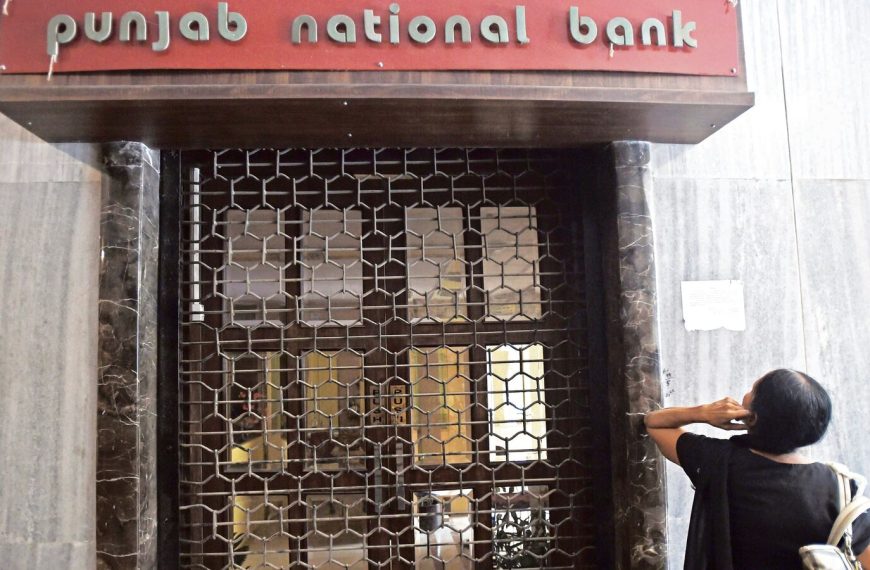On Tuesday, the Securities and Exchange Board of India (Sebi) introduced a noteworthy proposal aimed at simplifying the delisting process for public sector undertakings (PSUs) where government or promoter ownership exceeds 90% of the total issued shares. The regulatory body highlighted that many PSUs are grappling with limited public floats, outdated business models, and inflated market prices, which are often a burden on government resources when considering delisting strategies.
New Delisting Procedure for PSUs
In its recent consultation paper, Sebi emphasized the challenges faced by PSUs due to their high government ownership. This situation often leads to market prices that do not accurately reflect the actual value of these companies, creating financial strain on the government. To address these concerns, Sebi is inviting public feedback on this proposal until May 26.
Insights from the Data
According to Capitaline data, there are nine PSUs where the government’s stake exceeds 90%. Among these, some profitable entities include the Life Insurance Corporation of India, Indian Overseas Bank, UCO Bank, and Punjab and Sind Bank. However, there are also loss-making firms like KIOCL and ITI that highlight the diverse financial health of these organizations.
- Government Holdings: Over 90% in nine firms.
- Profitable PSUs: LIC, Indian Overseas Bank, UCO Bank, Punjab and Sind Bank.
- Loss-Making PSUs: KIOCL, ITI.
Sebi pointed out that the inflated market prices of certain PSUs might stem from investor confidence in government-backed firms, which may not align with their intrinsic book values.
Proposed Changes to Delisting Norms
To facilitate the delisting of these PSUs, the regulator has suggested a modified approach that would eliminate the need for compliance with minimum public shareholding requirements. Instead, a fixed-price process would be implemented, allowing a 15% premium over the established floor price, irrespective of how frequently the shares are traded.
- No Minimum Public Shareholding: Proposed exemption for PSUs.
- 15% Premium: Fixed-price process for delisting.
Additionally, Sebi has proposed dropping the requirement for a two-thirds majority approval from public shareholders. To facilitate a smoother exit for public shareholders, three new options for determining the exit price will be presented.
Handling Unclaimed Funds
In another significant move, Sebi has recommended that any unclaimed funds in escrow accounts or bank guarantees for public shareholders should be transferred to the designated stock exchange. This exchange will safeguard these funds for a minimum of seven years, after which the money will be redirected to the Investor Education and Protection Fund.
- Unclaimed Money Management: Transferred to stock exchange for seven years.
- Subsequent Fund Allocation: To Investor Education and Protection Fund.
Currently, these unclaimed amounts are prohibited from being released to the acquirer for at least one year or until payment is made to public shareholders who have not participated in the tender, whichever comes first.
As Sebi seeks public input on these proposals, the potential changes could reshape the landscape for PSUs in India, making the delisting process more accessible and efficient.











